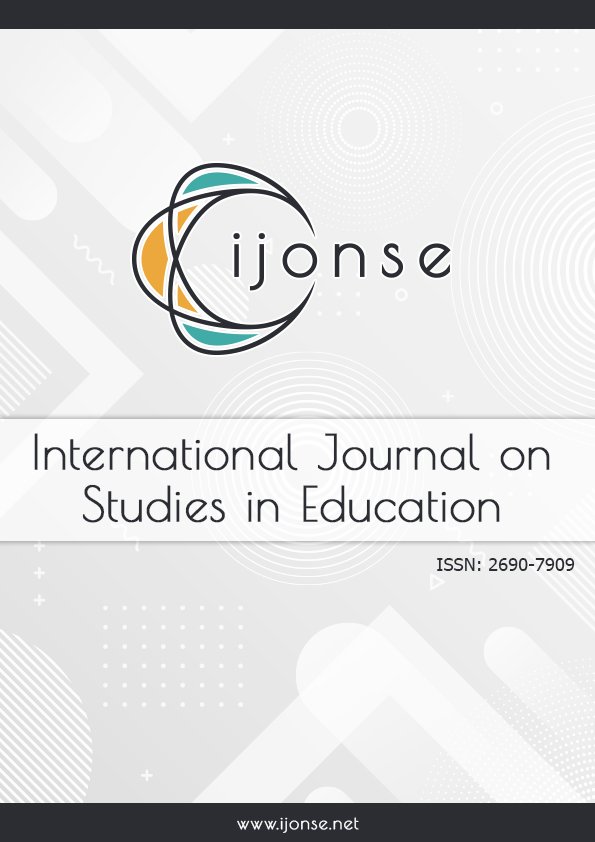Equity Trends in Mathematics Education: A Content Analysis of Meta-analytic Research
DOI:
https://doi.org/10.46328/ijonse.57Keywords:
Equity, Meta-analysis, Content analysis, Mathematics education, Effect sizesAbstract
The purpose of this quantitative content analysis (QCA) was to characterize equity-related trends in meta-analyses of mathematics education studies. An a priori keyword search and retrieval process produced an initial pool of 156 studies. After applying the prescribed inclusion criteria, the initial pool of studies was reduced to a final sample of 32 studies. These studies were coded and analyzed as part of the QCA. The coding and analysis were guided by a critical quantitative research lens, which examines how numeric trends can help to unpack systemic and systematic practices that support the agenda of the dominant cultural group. The results indicate that 62.5 percent of the reviewed studies lacked an equity focus, while most equity-focused meta-analyses examined challenges related to student ability. Moreover, 14 out of the 16 or 87.5 percent of the equity-related moderators had a statistically significant influence on effect size variance. The results of this study suggest that across most mathematics education meta-analytic studies effect size magnitude is impacted by equity-related moderators that are often absent. The researchers provide implications for meta-analytic thinking and equitable research praxis in mathematics education.References
Young, J. & Young, J. (2022). Equity trends in mathematics education: A content analysis of meta-analytic research. International Journal on Studies in Education (IJonSE), 4(1), 24-42. https://doi.org/10.46328/ijonse.57
Downloads
Published
Issue
Section
License
Articles may be used for research, teaching, and private study purposes. Authors alone are responsible for the contents of their articles. The journal owns the copyright of the articles. The publisher shall not be liable for any loss, actions, claims, proceedings, demand, or costs or damages whatsoever or howsoever caused arising directly or indirectly in connection with or arising out of the use of the research material.
The author(s) of a manuscript agree that if the manuscript is accepted for publication in the International Journal on Studies in Education (IJonSE), the published article will be copyrighted using a Creative Commons “Attribution 4.0 International” license. This license allows others to freely copy, distribute, and display the copyrighted work, and derivative works based upon it, under certain specified conditions.
Authors are responsible for obtaining written permission to include any images or artwork for which they do not hold copyright in their articles, or to adapt any such images or artwork for inclusion in their articles. The copyright holder must be made explicitly aware that the image(s) or artwork will be made freely available online as part of the article under a Creative Commons “Attribution 4.0 International” license.

This work is licensed under a Creative Commons Attribution-NonCommercial-ShareAlike 4.0 International License.





